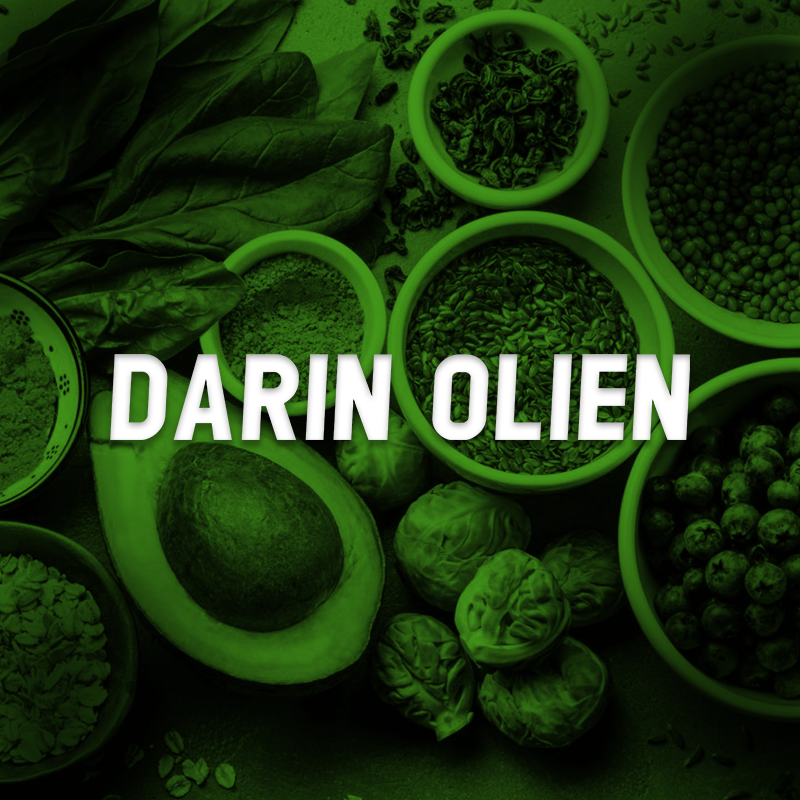
14 Jul Baru Nuts Show How Our Purchases Can Benefit Small Farmers
I once read that we might need a lawyer or a doctor hopefully only a few times in our lives, however we need farmers every day. These easily-overlooked heroes of our modern times play a key role in our health; without them the food we eat wouldn’t exist.
Around the world farming takes on many different forms, from tiny backyard setups to large corporate operations covering thousands of acres.
What most people don’t know is that a large majority of our food, especially superfoods, are harvested by hand by small farmers in unique situations on mountains tops, along river beds, etc.
The biggest struggle for a small farmer is to get stable, fair income from what they grow or collect.
We vote with our dollars and support a farmer with every food purchase we make.
• We create demand: the more consistently we purchase, the more consistently a farmer will get paid.
• We create support: by buying from companies that value farmers and pay them fairly, versus grab the cheapest product that usually indicates the farmer wasn’t paid a fair price, but rather undercut for profit. If a company works fairly with farmers they will tell you on the packaging or on their website and have certifications like Fair Trade to prove it.
Baru nuts (a new nut I discovered in Brazil that is the most nutritious nut I have ever discovered) represents how connected our purchases are to the farmers growing and collecting our food. And how much good our purchases can do.
The exotic flavor of the baru [bar•oo] supernut has been described as a mix of almond, cashew and peanut – only better. It is full of anti-aging antioxidants, good fats for brain fuel, plenty of fiber, muscle-building protein, and incredible amounts of disease-fighting micronutrients: nature packed so much into this little nut!
When I tested it in a lab, I was blown away by its nutrient profile compared to other nuts.
The baru nut captivated me from the moment I was introduced to it when I traveled down to Brazil. But it was when I saw how it was farmed, that I was truly captivated.
The baru nut is gathered by hand for families and small farmers. They pick the nuts up off the ground once they have fallen from baru trees and take them to facilities to be shelled, weighed and paid for their products. Brazil doesn’t have the large economy the United States does, so there isn’t a large demand there.
Baru trees used to be plentiful, but unfortunately large companies (often with the involvement of corrupt politicians) feel it is better to cut down all the trees in the region, including baru, and make way for soy and cattle.
They get the farmers to cut down the trees or sell their land and their income is gone forever. This traps already poor inhabitants into another cycle of poverty in a downward spiral. Once the land is sold or deforested, they have no further options but to make their way to the cities for work. Most are uneducated with large families and short on resources, which is a formula that leads them toward the favelas or slums.
It is not a pretty cycle at all, leading to the worst conditions imaginable.
Here is where the baru nuts comes in: when we buy the baru nuts here in the United States it provides an economy for these small farmers and land owners that keeps them out of the slums to being with. When they have a guaranteed fair buyer to sell their nuts to, they aren’t forced to sell their land.
While interviewing a local I asked, “What would you do with the added income from Baru nuts you gather?” His reply was simple and deep, “I don’t want anything but to maintain my current way of life. I want my children to not have to move to the city.”
This is where I understood the potential of Baru to act as an anchor for these people so they would not have to cut down the trees to make way for cattle or soy. This, by the way, is already an ecological disaster that will critically effect the planet much like the deforestation of the Cerrado’s next door neighbor, the Amazon. You can find more on this at www.superlife.com/baru.
With the words of the farmer still fresh in my mind there was only one way to proceed and that was to find a way to offer this amazing food to the whole world and grow the economy available to these farmers.
I now sell baru nuts by purchasing from farmers and sustainably run cooperatives, never brokers. This protects the superfood’s fragile environment by keeping the trees standing and supports farmers and their families by ensuring they get the highest prices. I also use trusted third-party testing to verify the purity and quality of every product sold.
Baru is a true opportunity resource that protects the land where it natively grows, gives the farmers that harvest the nut a way to preserve their way of life and avoid the slums, and provides incredible, delicious nutrition to us!
It’s a win, win, win.
Think about how much food we eat! Every food purchase we make can directly support a farmer when we take the time to know where our food is coming from. That’s a lot of impact. Learn more about baru nuts and purchase them at https://barukas.com/.






Sorry, the comment form is closed at this time.